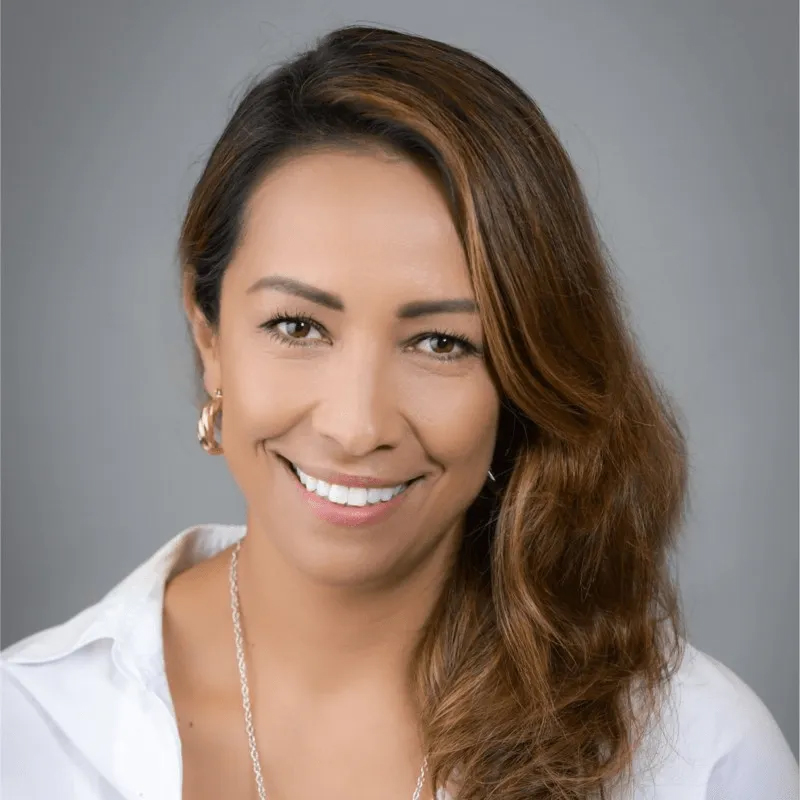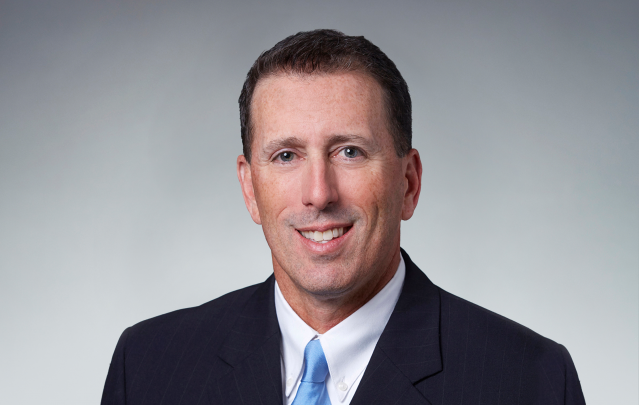Un enfoque centrado en el paciente para las afecciones raras y muy raras

The highly specialized nature of Accredo’s Rare Disease Therapeutic Resource Center means a focus on whole-person health for patients with uniquely complex conditions.
In the ever-evolving landscape of specialty drugs, Accredo stands out from other specialty pharmacies with our unique Therapeutic Resource Center® (TRC) model. Our Memphis-based Rare Disease TRC is a URAC-certified Rare Disease Pharmacy Center of Excellence dedicated to delivering an unmatched level of expertise and personalized care to patients with rare and ultra-rare disease conditions and support for specialty prescribers who treat these exceptional patients.
Leading with a person-first approach
With approximately 7.000 identified rare diseases and only 500 approved treatments, patients diagnosed with a rare disease require support that is as extraordinary as their condition. Many of the patients we treat are facing a new diagnosis, which means they may feel overwhelmed, confused or afraid they won’t be able to take care of themselves or their family members. To complicate a challenging situation, approximately 50% of these patients are children relying on caregivers, who are often tired, isolated and in need of additional support.
For that reason, the philosophy for the Rare Disease TRC revolves around a deeply holistic understanding of these patients’ and caregivers’ needs. Our model provides a high-touch support system that encompasses every aspect of their care. The support goes beyond simply filling prescriptions – through the Rare Disease TRC, patients and prescribers have hyper-personalized access to pharmacists, nurses, dietitians, social workers and other support personnel.
Empowering patients with ongoing dialogue and hyper-personalized care
Our extensive education and training of employees not only demystifies intimidating medications for patients but also actively engages them in meaningful discussions about treatment goals, ensuring their comfort with the therapeutic process. This unique communication style distinguishes Accredo from other specialty pharmacies, fostering a sense of trust and understanding between patients, specialty medication prescribers and the specialty pharmacy. Additionally, our dedicated Rare TRC clinicians act as a bridge between patients and prescribers, offering support to streamline communication and enhance care.
The hands-on approach doesn’t stop at thorough, transparent communication. Accredo’s Rare TRC social workers average nearly 500 interactions in a year, at no additional cost to patients.
In one such case, Accredo worked closely with a patient diagnosed with non-24-hour sleep-wake disorder who needed assistive medical equipment and requested home health. An Accredo specialty-trained social worker* connected with the patient to determine which resources were well suited for the patient situation and submitted a referral to the local Council for the Blind and Visually Impaired. This connection allowed the patient to receive home services and equipment necessary not only to survive but thrive with this rare condition.
Ensuring patients’ well-being with dietitians
The Rare Disease TRC facilitates complimentary access to dietitians for patients with conditions that benefit from dietary education. For metabolic diseases, dietitians play a pivotal role in helping patients navigate special diets and challenging formulas, ensuring adherence for better outcomes. This support extends beyond the prescription to include considerations of social determinants of health, which help address many aspects crucial to a patient's overall well-being.
For example, a 14-year-old patient with very long-chain acyl-CoA dehydrogenase (VLCAD) deficiency required a gastronomy tube (g-tube) to deliver nutrients directly to the stomach. Growing self-conscious of the g-tube, the patient was connected with a specialty-trained dietitian within the Rare TRC who performed a clinical nutrition evaluation and provided education about alternative treatment options. The dietitians recommended formulas with medium-chain triglycerides to supplement the patient’s daily caloric intake on a more normalized schedule. Ultimately, the patient was able to transition to drinking formula with the assistance of their prescriber and the counsel of the Accredo dietitian, supporting social and emotional well-being while maintaining physical health.
Emphasizing caregiver support
We recognize the critical role caregivers play, especially for patients diagnosed with rare diseases from birth. Connecting them with social support networks and patient advocacy groups helps alleviate the isolation often experienced by parents of children with rare diseases.
For instance, the caregiver of a patient diagnosed with lipodystrophy disclosed having several stressors impacting her mental health. A social worker* in the Rare Disease TRC was asked to connect with the caregiver to discuss the challenges faced when caring for someone with a rare disease. The social worker was able to connect the caregiver with a mental health solution and a resource for their local community welfare service department. Through these small but significant connections, the caregiver was able to get the emotional support they needed.
Accredo’s comprehensive model for rare and ultra-rare diseases
Our Rare Disease TRC redefines excellence in specialty pharmacy care for rare and ultra-rare diseases. Our ongoing advocacy and collaboration with specialty prescribers underscores our commitment to revolutionizing specialty pharmacy and making a lasting impact on the lives of those facing rare and ultra-rare conditions.
Learn more about Accredo’s Rare Disease TRC and how our specialty pharmacy leads to better outcomes for patients.
*Social worker program may vary by state.



